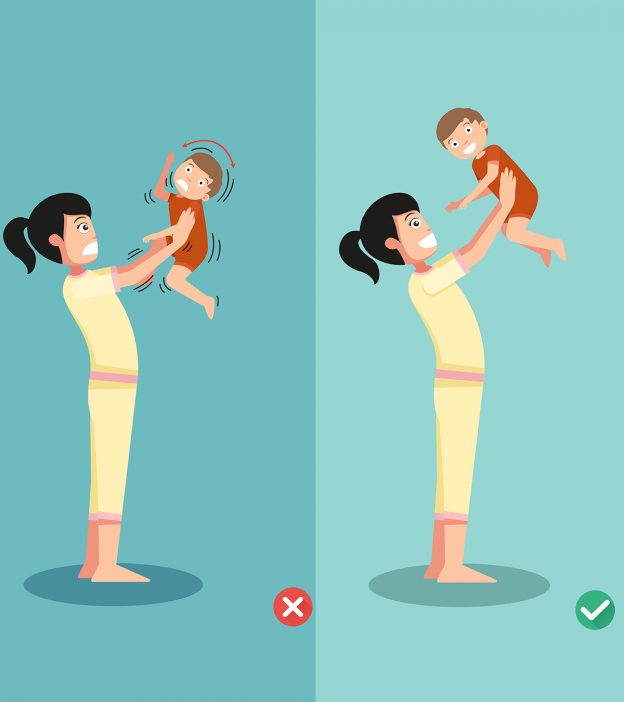TBI is a broad term that describes a vast array of injuries that happen to the brain. An abrupt change in eating patterns.

According to the hypothesis shaking caused diffuse axonal injury DAI thus accounting for shaken baby syndrome symptoms of an immediate decrease in the level of consciousness either lethargy or unconsciousness.
Shaken baby symptoms. What Are The Symptoms Of The Shaken Baby Syndrome. The baby may not display any apparent symptoms that can be related to a head injury. Most symptoms occur spontaneously.
Here are the external signs of a shaken baby syndrome. An abrupt change in eating patterns. The baby will not feed or eat at the usual times.
May also display loss of appetite. Shaken Baby Syndrome Symptoms. Being shaken affects babies in many different ways.
Bluish skin Tremors or shakes Breathing issues Drowsiness. Symptoms and Causes What are the symptoms of shaken baby syndrome SBS. A child or baby who has been shaken and has had an injury to the brain may have symptoms such as.
Poor appetite or feeding problems. According to the hypothesis shaking caused diffuse axonal injury DAI thus accounting for shaken baby syndrome symptoms of an immediate decrease in the level of consciousness either lethargy or unconsciousness. Respiratory irregularity difficulty or apnea.
And frequently seizures 14 sometimes leading to death. Shaken baby syndrome symptoms occur when an infant or young child held by the trunk shoulders or extremities is shaken violently. Anyone witnessing this gesture knows that it can be dangerous for the baby the baby is fragile.
What is shaken baby syndrome. The babys head wobbles in all directions causing the brain to bleed and swell. Shaken Baby Syndrome What is traumatic brain injury.
Traumatic brain injury TBI happens when a sudden external physical assault damages the brain. It is one of the most common causes of disability and death in adults. TBI is a broad term that describes a vast array of injuries that happen to the brain.
Sequence of events causing brain injury in shaken baby syndrome. The initial cause of the hypoxia is respiratory difficulty. Apnoea and breathing problems have been commonly observed in infants who have been shaken.
2324 Necropsies on such infants reveal brainstem damage. Symptoms of shaken baby syndrome may not be immediately noticeable. Infants may have nonspecific symptoms such as irritability or vomiting that results from increased pressure within the brain intracranial pressure caused by brain hemorrhages and swelling.
Shaken baby syndrome is called the set of symptoms presented by babies who have been subjected to shaking generally caused by the action of an adult without external trauma said symptoms being the result of an intracranial injury caused by having been violently shaken. The symptoms and signs of shaken baby syndrome have an extremely broad range to display. This range is due to the nature of the inflicted trauma including the frequency duration and whether the result of a single event or multiple events.
Behavioral changes may include the following. Extreme irritability and high-pitched crying. Shaken babies usually dont have appetite for food.
Pale or bluish skin. When a baby is shaken with force the impact reduces the oxygen getting to the brain. This low oxygen supply to the brain results in bluish skin or paleness.
Symptoms of shaken baby syndrome include extreme irritability lethargy poor feeding breathing problems convulsions vomiting and pale or bluish skin. Shaken baby injuries usually occur in children younger than 2 years old but may be seen in children up to the age of 5. Also called abusive head trauma shaken baby syndrome SBS is the end result of an infant being violently shaken.
It is the main cause of death or neurological injury in infants who are abused. This is what we know commonly as a bruise and these bruises are a symptom of shaken baby syndrome. They are most likely to be located on the arms and chest where they would have been grabbed during shaking.
Any sign of bruising in babies is an indicator that they may be at risk.